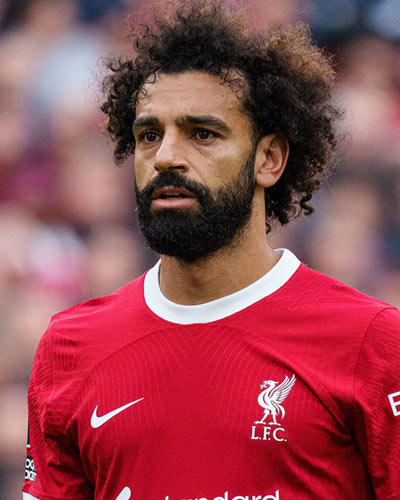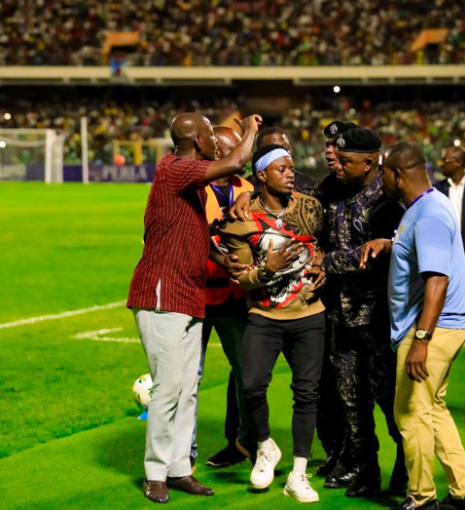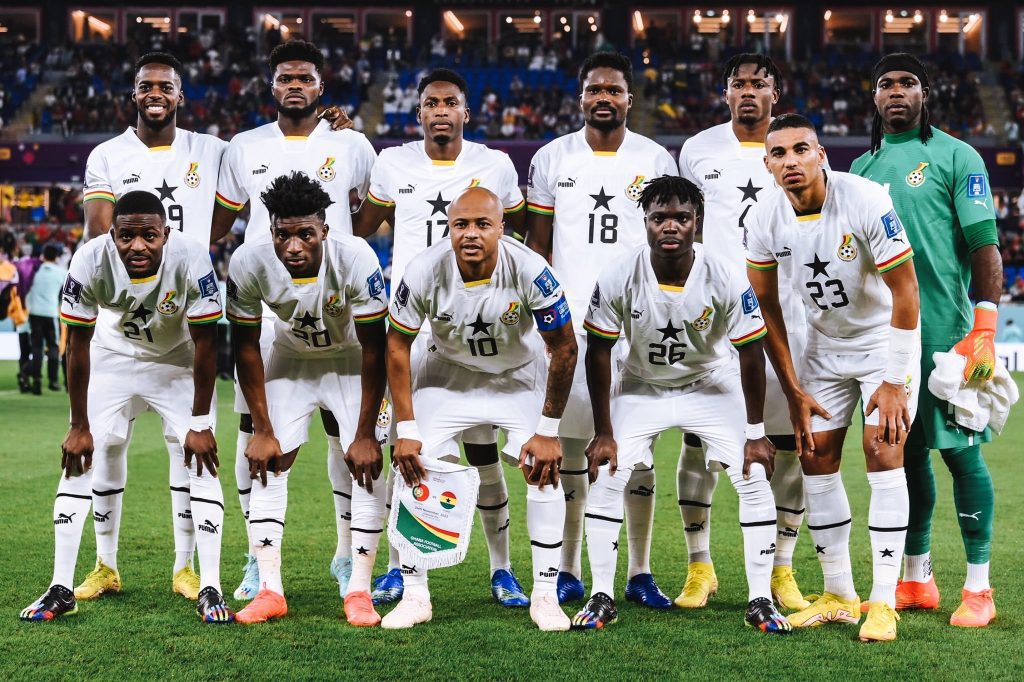
Mohamed Salah could command one of the biggest salaries in football history if he chooses to quit Liverpool in favour of the Saudi Pro League.
Salah would leave Anfield as a bona fide Liverpool legend if he does decide to head to the Middle East, just as Roberto Firmino and Jordan Henderson have previously.
The Egyptian’s form at the start of 2024-25 suggests that he is far from over the hill – he has three goals and as many assists in three games so far.
But at 32, Salah still represents something of a conundrum for Liverpool’s chief decision makers, Arne Slot, Michael Edwards and Richard Hughes.
The decision would be much simpler if the attacker, who is the tenth highest scorer in Premier League history and fifth in Liverpool’s list, didn’t have a Saudi Pro League-shaped carrot dangling in front of him.
But the mind-melting riches on offer from clubs backed by Newcastle United owners the Saudi Public Investment Fund (PIF) mean Salah has huge leverage in negotiations.
Salah favours staying at Liverpool, but the financial commitment Liverpool owners FSG would need to make means that is by no means a foregone conclusion.
Fenway Sports Group, spearheaded by John Henry, are famously deliberate when it comes to the club’s finances and will not make a decision based on sentiment.
Liverpool University football finance lecturer and industry Kieran Maguire lent his insight to TBR Football to explain the latest with Salah and Liverpool’s broader financial picture.
Liverpool, Salah and the Adidas factor
Since 2020, Liverpool have been partnered with Nike, who are believed to pay around £30m per year for the right to produce and distribute the club’s kit.
That is around the same sum that Salah could expect to earn in the Saudi Pro League, where footballers pay no income tax compared to around 47 per cent in the United Kingdom.
Relative to other clubs of their stature, the £30m base fee from Nike looks low for a club like Liverpool.
However, the Merseysiders accepted a more modest upfront sum in exchange for a greater cut of the profit on each unit sold.
It has now been established that Liverpool will switch to Adidas from 2025-26 in a more conventionally structured deal, although chief commercial officer Ben Latty has not yet confirmed this officially.
Significantly, Salah is an Adidas athlete and his appeal in the Middle East and North Africa will likely have been a factor in the German sportswear titans’ decision to team up with Liverpool again.
But how will the new deal – which has already been signed and will be worth approximately £50m per season – affect Liverpool’s finances and their ability to haggle with Salah’s representatives?
“No club its sums more forensically and in more detail than Liverpool,” said Maguire.
“They will have looked at the options that have been place before them in terms of a kit manufacturing deal.
“They have looked at all the metrics in terms of upfront fees and per-piece commissions.
“Whatever they consider to be best is the direction of travel, they will choose. And that has led to the decision to go with Adidas.
“They like to keep their cards very close to their chest. I can see why Ben Latty was reluctant to give an indication.
“In my view, Liverpool’s approach is very much geared towards revenue maximisation. They will know the appropriate parameters in terms of how they split up the individual elements of the deal.”
Salah to Saudi: The finances
While some European giants have been linked with Salah, the Saudi Pro League has consistently been touted as his most likely post-Liverpool destination.
Al-Ittihad tabled a £150m offer for the player last summer, which would have been the third-most expensive transfer in history and the biggest by an order of magnitude for a 30-plus-year-old.
In terms of his potential salary in the Gulf state, Maguire argues that offers from the Pro League will dwarf what FSG are able to offer Salah.
“Given the quality of play we have seen from Salah at the start of 2024-25, he clearly has more than a year left of talent to offer.
“From Liverpool’s point of view, as a global brand, Salah ticks all of the boxes in terms of his talent, personality, diversity and so on.
“From all of those perspectives, you can see why the club would want to retain his services.
“At the same time, they are wise enough to acknowledge that, should he want to maximise his return in the later stages of his career, they are not in a position to match what could be given to him by the Saudi Pro League.
“I’m sure they could offer him a satisfactory deal in terms of remuneration. But that could pale into significance compared to what might be offered to him elsewhere.”
“They will have looked at the options that have been place before them in terms of a kit manufacturing deal.
“They have looked at all the metrics in terms of upfront fees and per-piece commissions.
“Whatever they consider to be best is the direction of travel, they will choose. And that has led to the decision to go with Adidas.
“They like to keep their cards very close to their chest. I can see why Ben Latty was reluctant to give an indication.
FSG’s long-term financial plan for Liverpool
Liverpool and FSG typically favour youth over experience, preferring to develop talent rather than buying readymade superstars.
Their retention strategy with aging players has followed a similar model, with the club not standing in players’ ways if a deal makes financial sense for all involved.
They appear to be heading further in the direction of player development with their pursuit of a Liverpool-led multi-club model.
More than half of the clubs operate in some form of shared ownership umbrella. Liverpool themselves have indirect links to Paris Saint-Germain, Atalanta and Sevilla through FSG investors Arctos.
FSG withdrew from talks to take over French side Bordeaux in the summer but still see the multi-club model as their future. Crucially, this was a key proviso of Michael Edwards’ return to the club.
This will come at a cost, and the Salah contract situation does not exits in a financial vacuum.
“The horse has already bolted in terms of UEFA being able to be in position to prevent it,” said Maguire, “it’s now a case of managing it.
“We saw Liverpool come close to acquiring a new club over the summer, but they decided that particular club wasn’t for them.
“You can be assured that they are continuing to monitor that particular market. But FSG will only go ahead if the complementary benefits to Liverpool outweigh the costs of investment.
Source: tbrfootball.com




